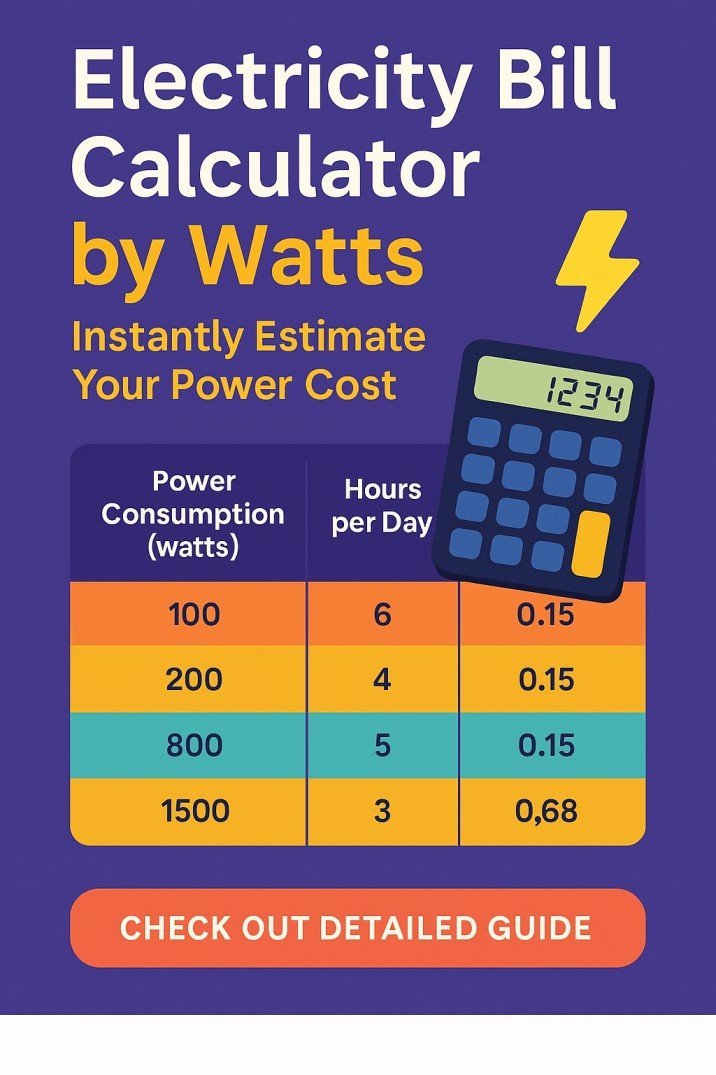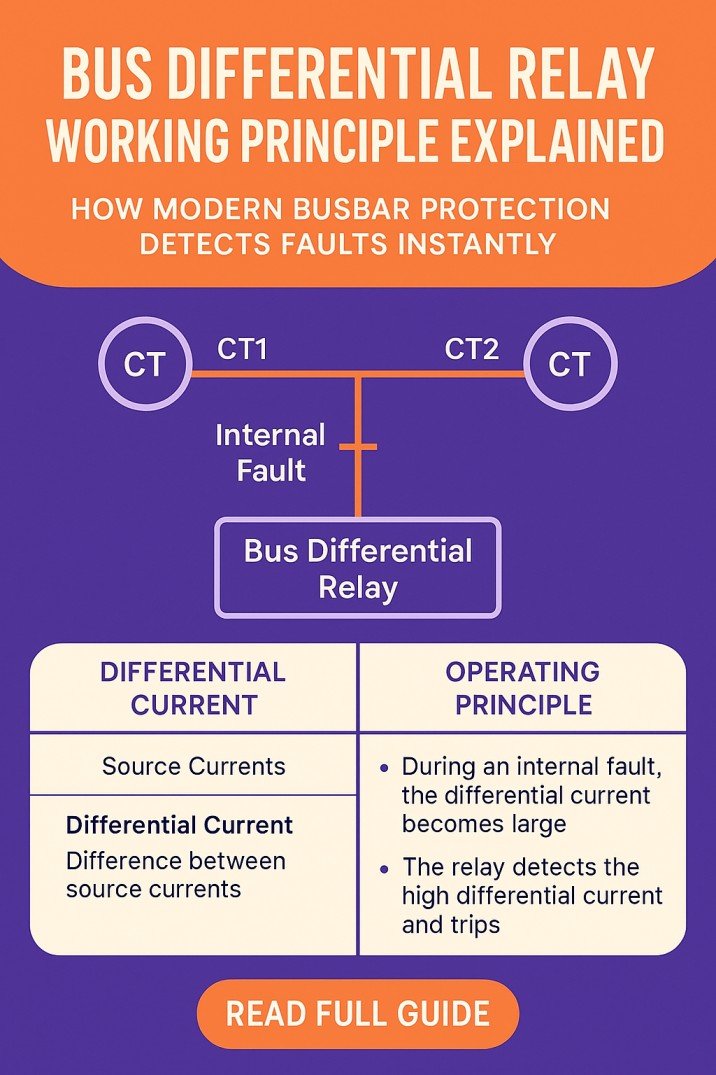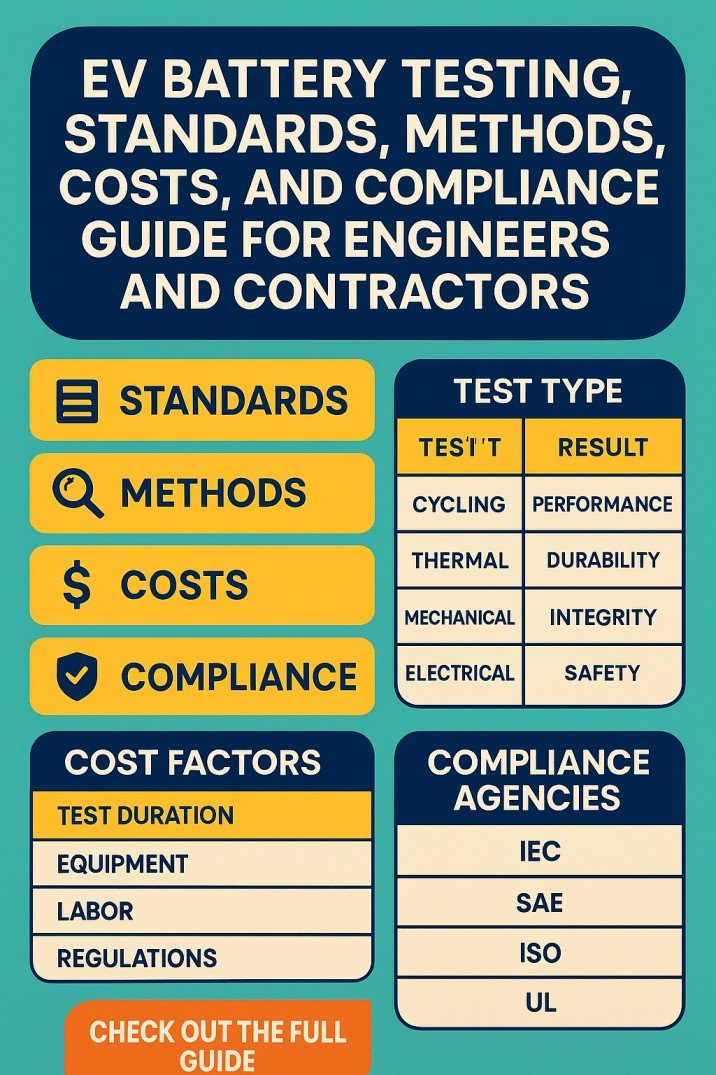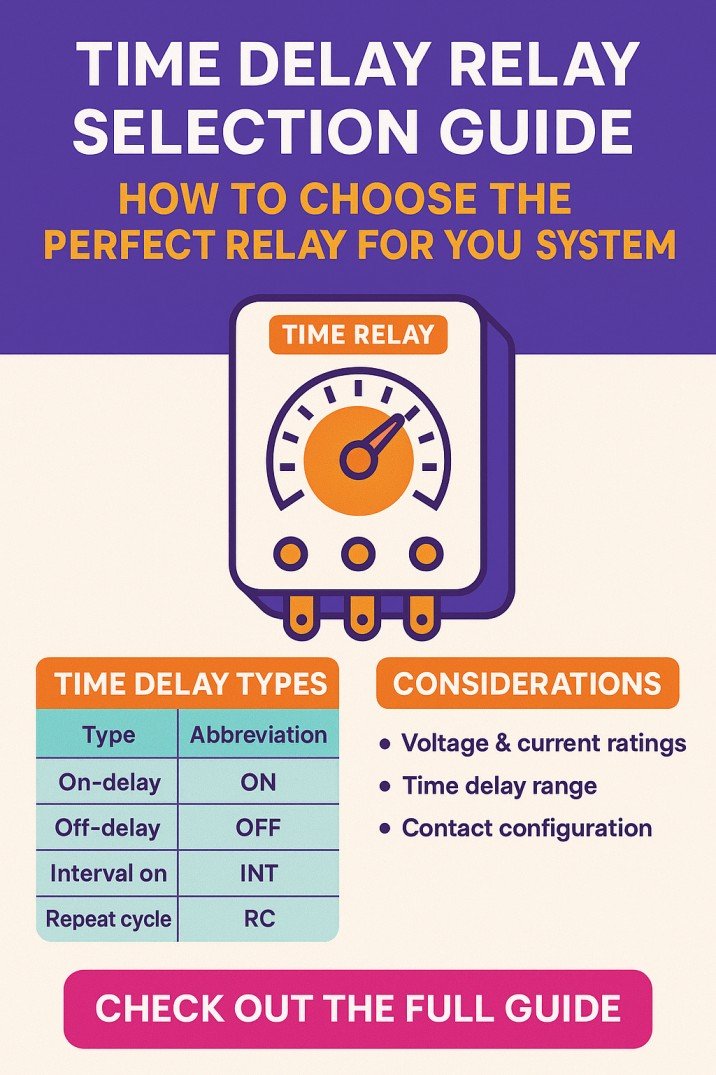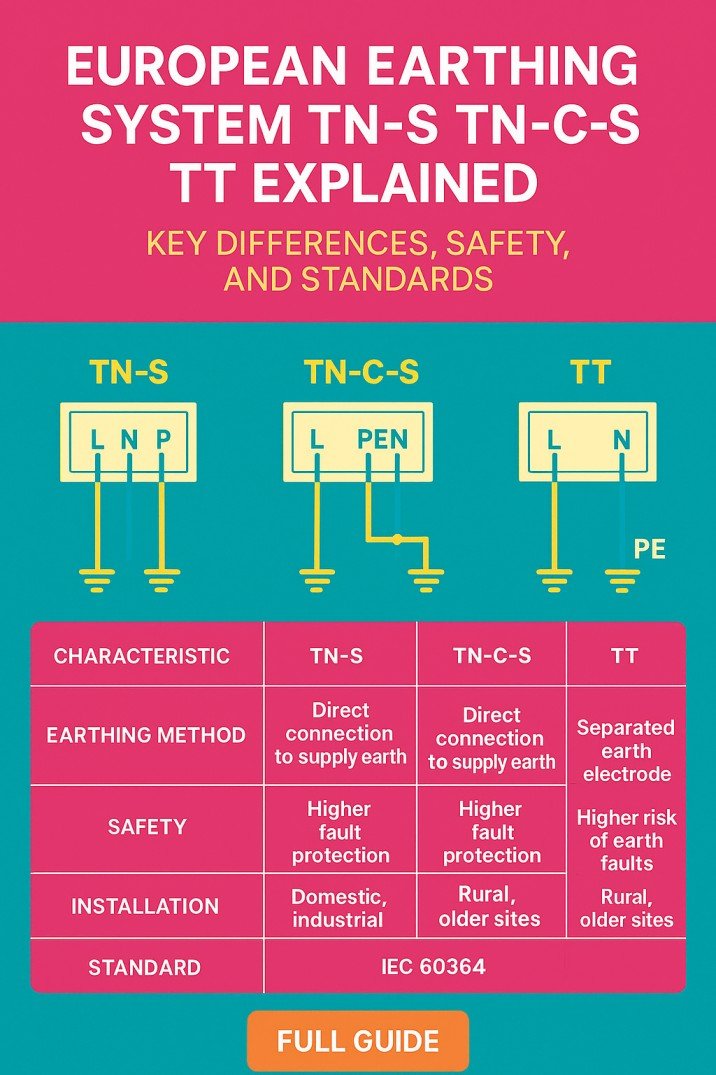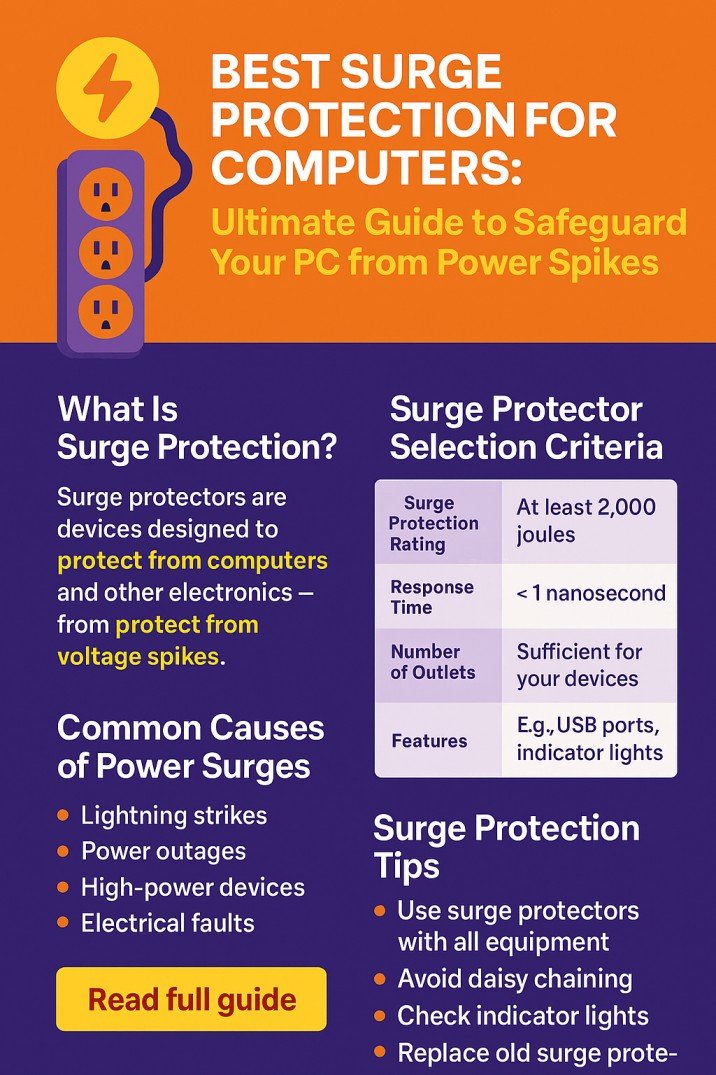How to Start Your Own Electrical Contracting Business in USA
Starting your own business in the electrical industry can be one of the most rewarding decisions of your career. The demand for electrical contractors continues to rise in the United States as residential, commercial, and industrial sectors all depend on reliable electrical services. Whether you are an experienced electrician looking for independence or a professional aiming to expand into entrepreneurship, knowing how to start your own electrical contracting business is the key to success.
Table of Contents
Table of Contents

This guide will cover everything you need to know about launching an electrical contracting business in the US. From licensing and certifications to financial planning, staffing, marketing, and long-term growth strategies, you will get practical insights to help you make informed decisions. For an even deeper dive into the subject, you can also check my detailed post on How to Start an Electrical Contracting Business.
Running your own electrical contracting business gives you freedom, growth potential, and financial stability. However, it requires careful planning, regulatory compliance, and strong management. You must think beyond technical skills and learn to operate like a business owner.
Key Takeaways before we dive deeper:
- Starting an electrical contracting business requires licenses, insurance, and compliance with state laws.
- Strong financial planning and business structure are critical for long-term success.
- Marketing, customer trust, and quality service delivery are as important as technical skills.
Know more about Home Automation System Installation Cost & Device List
Why Choose Electrical Contracting as a Business
The electrical contracting industry in the United States is valued at over $200 billion annually and is projected to keep growing. With increased adoption of smart homes, electric vehicles, and renewable energy systems, the need for skilled contractors is at an all-time high. Homeowners and businesses cannot function without reliable electrical systems, making your services essential.
Unlike many businesses, electrical contracting provides stability even during economic downturns because electricity is a basic necessity. Additionally, government investments in infrastructure, energy efficiency, and grid modernization are driving more opportunities for contractors.
First Steps in How to Start Your Own Electrical Contracting Business
The first step is to create a clear business plan. Without a roadmap, it is easy to get lost in technical work and ignore critical aspects of growth. Your plan should include your target market, services, startup costs, revenue projections, and marketing approach.
Equally important is choosing the right business structure. Most contractors in the US choose either a sole proprietorship, LLC, or corporation depending on liability and tax preferences. For protection, an LLC or corporation is better because it separates personal and business liabilities.
You should also decide what services you will offer. Some contractors focus on residential wiring, while others target commercial or industrial clients. Expanding into specialized areas such as solar installations, EV charging stations, or smart home systems can set you apart from competitors.
Know more about Energy Audit for Commercial Buildings: Step-by-Step Guide
Licensing and Certification Requirements in the USA
Licensing is the backbone of an electrical contracting business. In the US, electrical licenses are issued at the state level, and requirements vary significantly. Most states require you to have several years of experience as a journeyman electrician before applying for a master electrician or contractor license.
Below is a sample table highlighting some licensing requirements in selected states:
| State | License Required | Experience Needed | Exam Required | Renewal Period |
|---|---|---|---|---|
| California | C-10 Contractor | 4+ years | Yes | Every 2 years |
| Texas | Master Electrician + Contractor | 8 years | Yes | Annually |
| Florida | Electrical Contractor License | 6 years | Yes | Every 2 years |
| New York | Varies by city | Local rules apply | Yes | Varies |
| Illinois | Local licensing | Depends on municipality | Often Yes | Varies |
You must also obtain business licenses, register with your state, and get an EIN (Employer Identification Number) from the IRS. Compliance with the National Electrical Code (NEC) is mandatory across all states.
Insurance and Bonding
No client will trust you without proper insurance and bonding. General liability insurance protects you against property damage or injuries. Workers’ compensation insurance is required if you have employees. Bonding is often required by state licensing boards and assures clients that you will complete work according to contract.
The cost of insurance will depend on your business size, location, and services offered. For small contractors, premiums often range between $600 and $2,000 annually.
Know more about Top Electrical Engineering Software: AutoCAD, ETAP, MATLAB Reviewed
Financial Planning for Your Electrical Contracting Business
Strong financial planning is essential for survival and growth. Many businesses fail not because of lack of skills, but due to poor money management. Start by calculating your startup costs, which may include:
| Expense Category | Estimated Cost Range |
|---|---|
| Licensing and Permits | $500 – $2,500 |
| Tools and Equipment | $5,000 – $15,000 |
| Vehicle (Work Van) | $20,000 – $35,000 |
| Insurance & Bonding | $600 – $5,000 annually |
| Office Setup & Software | $1,000 – $5,000 |
| Marketing Budget | $1,000 – $10,000 |
You should also create a revenue model. Residential jobs often bring faster payments but smaller margins, while commercial projects may offer larger profits but slower payment cycles. Keeping track of cash flow is critical. Consider using accounting software like QuickBooks or specialized contractor management tools.
Hiring Staff and Building a Team
If you plan to grow, you cannot do everything alone. Building a reliable team of electricians, apprentices, and administrative staff is vital. When hiring, focus on skill level, safety awareness, and reliability.
Training your team in customer service and compliance with safety codes is just as important as technical training. Investing in apprenticeships and continuous learning can help you maintain a competitive edge.
Know more about Top Electrical Equipment Suppliers in UAE and UK
Marketing Your Electrical Contracting Business
No matter how skilled you are, without clients your business cannot survive. Marketing is how you build visibility and trust. Start with a professional website that lists your services, certifications, and contact details. Optimize it for local SEO so that people searching for “electrician near me” can find you.
Word-of-mouth remains one of the strongest tools for contractors. Provide exceptional service and encourage satisfied clients to leave reviews on Google and Yelp. Building partnerships with real estate developers, builders, and property managers can also bring steady business.
Digital advertising, such as Google Ads and Facebook Ads, can be useful for quick visibility. Email marketing is another effective tool to stay connected with past clients.
Safety and Compliance Considerations
Safety must always be at the heart of your electrical contracting business. Compliance with OSHA standards, NEC guidelines, and local building codes is non-negotiable. Failure to maintain safety can result in fines, lawsuits, and reputational damage.
Provide safety training to all employees and maintain proper safety gear on every job site. Document all safety measures to protect your business in case of disputes.
Growth Strategies for Electrical Contractors
Once your business is stable, you should look at growth opportunities. Expanding into new service areas such as solar panel installation, energy audits, or smart home systems can significantly increase revenue. Many contractors also win government contracts, which require bonding and compliance but can provide steady long-term income.
Networking with industry associations like the National Electrical Contractors Association (NECA) can also open doors to new projects. Consider joining local chambers of commerce to build relationships with potential clients.
Know more about Building Management System (BMS) Installation Cost & ROI: Pro Tips
Challenges in Running an Electrical Contracting Business
Starting and running an electrical contracting business is rewarding but not without challenges. Some common obstacles include:
- Managing cash flow during slow seasons
- Competing with established contractors
- Navigating complex licensing laws
- Finding skilled labor
- Keeping up with technological changes like renewable energy and automation
Overcoming these challenges requires persistence, smart planning, and continuous adaptation.
Conclusion
Learning how to start your own electrical contracting business in the USA involves much more than technical skills. It requires strategic planning, licensing, insurance, financial discipline, and effective marketing. With the right foundation, you can build a business that not only supports you financially but also contributes to your community.
If you are ready to take the next step, check my complete guide on How to Start an Electrical Contracting Business to gain deeper insights and actionable strategies. By combining expertise with strong business practices, you can create a profitable and sustainable contracting company in today’s competitive market.
Follow Us on Social:
Subscribe our Newsletter on Electrical Insights for latest updates from Electrical Engineering Hub
#ElectricalContractingBusiness, #ElectricalBusinessUSA, #ElectricalContractor, #BusinessStartupUSA, #ElectricalEntrepreneur, #ContractingBusinessTips, #StartElectricalBusiness, #ElectricalServicesUSA, #BusinessSuccessUSA, #SmallBusinessElectrical, #USAContractors, #ElectricalIndustryUSA, #StartYourBusiness, #EntrepreneurshipUSA, #ElectricalBusinessGrowth

